Every morning, Pamela and Gordon Love sit on their porch, drink coffee and watch the sun rise over Croton Pond.
They have done this since their retirement eight years ago.
But these days, it’s even more special.
“We sit there and we talk and laugh,” Pamela said. “And then all of sudden we think about Gordon having this new gift of life. And then we sit there and cry and cry.
“Just this morning, we were talking about our kids and, I looked over, and he had tears going down his face.”
The Loves are overflowing with gratitude for the gift that came their way on Dec. 30, 2021—a heart transplant for Gordon, 70.
He became the 184th person to receive a heart transplant through the Spectrum Health Richard DeVos Heart and Lung Transplant Program, which began in 2010 at the Spectrum Health Fred and Lena Meijer Heart Center.
A genetic disease
Gordon first became a heart patient around 14 years ago when he was seeing a doctor for knee surgery.
An EKG found that Gordon’s heart was in V-fib—ventricular fibrillation, or irregular heartbeat. Instead of scheduling knee surgery, Gordon set up an appointment with a cardiologist.
At that time, he was diagnosed with cardiomyopathy, a heart disease that can lead to heart failure.
Doctors told Gordon it’s a genetic disease, likely passed down from someone in his family.
Suddenly, things started making sense.
Gordon’s oldest brother died of a massive heart attack at the age of 33 while tap-dancing on Broadway. His second-oldest brother had a heart transplant years ago. He had been told his great-grandfather died suddenly at age 42.
“I was involved in athletics in college and did a lot of strenuous things, like wrestling and football,” Gordon said. “I’m probably lucky I didn’t go down.”
After that first visit, doctors implanted a defibrillator in Gordon’s chest, designed to detect and correct life-threatening irregular heartbeats. It delivers electric shocks to restore a regular heart rhythm.
“Every month I was having 12 to 18 arrhythmias,” he said. “It was correcting them, and I never felt it that much.”
But in 2021, his heart started to deteriorate, with more arrhythmias and becoming enlarged.
“The left side of my heart started to deteriorate more and more. I noticed I was getting weaker and having more shortness of breath,” he said. “I just kind of kept plugging along.”
In fall 2021 he fell ill. He was hospitalized in November and again in early December, after the right side of his heart went into A-fib (atrial fibrillation) for 29 hours.
“We put him on medications to make his heart stronger, and it just wasn’t enough,” said Ryan Grayburn, DO, a Spectrum Health cardiologist who serves as medical director for the transplant program.
On Dec. 13, the team of cardiologists recommended him for transplant.
On Dec. 17, while awaiting transplant, doctors put an axillary balloon pump in Gordon to help his heart pump more blood, Dr. Grayburn said.
‘It’s a blessing’
Gordon and Pamela will never forget Dec. 29.
Gordon’s stepson, Bryan Anderson, works as a physician assistant for Spectrum Health cardiothoracic surgery.
Doctors on the transplant team told Bryan they’d found a heart for his father. They let him pass along the good news.
“He came in and the team was with him,” Gordon said. “He said, ‘We found you a heart.’ I told him, ‘Come on, don’t be joking with me.’ His mask was on so I couldn’t tell if he was grinning. He said, ‘Seriously, we found one.’”
Gordon can’t share the story without getting emotional.
“It was pretty amazing,” he said. “It’s a blessing. We just thank God because I think He orchestrated it. That’s the way I feel about it.”
The transplant happened that night and was completed in the wee hours of Dec. 30.
But Gordon would have to fight one more time.
Immediately after the transplant, Gordon had what doctors call primary graft dysfunction. Dr. Grayburn said it’s not common, and there’s no definitive reason it happens in some transplant patients.
“You sew the heart in and it just does not start beating the way it should,” Dr. Grayburn said. “It’s not rejection. It just happens, and we don’t always know why.”
But they did know the treatment.
They immediately placed Gordon on ECMO, or extracorporeal membrane oxygenation, a heart-lung machine that pumps blood outside of the body and sends oxygen-filled blood back in.
Gordon did well on ECMO, Dr. Grayburn said. They also administered medications to stimulate the heart.
On Jan. 5, he came off ECMO and the ventilator.
Sitting by his side was his son, Brandon, who’d flown in from Oregon.
Only one family member could be in the room at a time because of COVID-19 precautions.
Pamela had made sure it was Brandon that day.
Gordon tells the story this way: “I just remember waking up, and I felt pretty good. I looked over to the right and there’s Brandon. When he was a little kid, I would put my hand on his head and say, ‘You’re a good boy.’ So, I asked him to come over, and I put my hand on his head, and I told him that.”
Hobbies and grandkids
Gordon now lives for more moments with his six children and 14 grandchildren.
Soon, he and Pamela will be great-grandparents.
After being released from Spectrum Health Butterworth Hospital, Gordon went home, and physical therapists and occupational therapists worked with him there. He also did some outpatient cardiovascular rehabilitation at Spectrum Health Gerber Memorial Hospital.
He’s now doing everything he can to rehabilitate and take advantage of the second chance at life he has been given.
A lifelong athlete and coach of wrestling and football for 15 years, being physically fit has helped his recovery.
He’s continuing to work out in his home gym.
Gordon worked in many professions throughout his life—first as a carpenter for his father’s construction business, then as a builder in the construction business and finally as a building trades teacher for Martin and Otsego Public Schools, as well as in the state of Wyoming.
Later, he taught and worked as a placement coordinator for Kent Career Technical Center.
For many years, he did remodeling work on the side.
He’s retired now, looking forward to getting back to his wood-working hobby.
He made a live-edge table for his youngest daughter. His oldest wants one, too.
“I think she will get her table now,” Gordon said.
Dr. Grayburn said it’s gratifying to see Gordon doing so well.
“For us, that’s our gift … when we get a good outcome, and we have someone who is motivated and wants to use this new heart to get a second chance and do what they want to do in life,” he said.
Through tears, Gordon sends a message to the family of his heart donor: “I just want them to know I’m taking good care of it.”
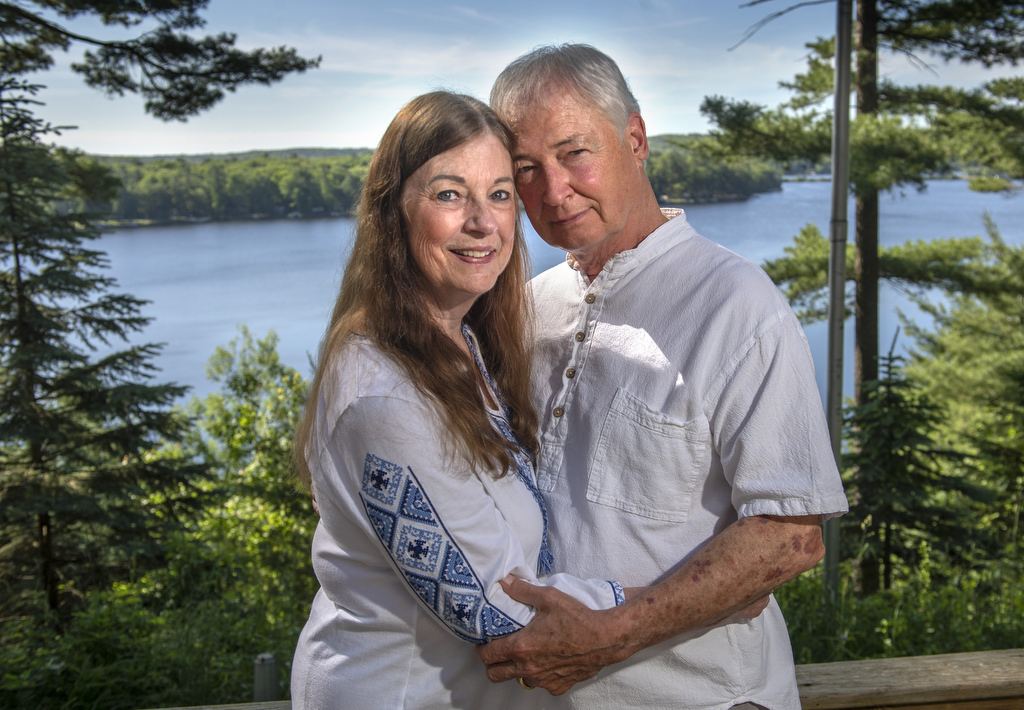
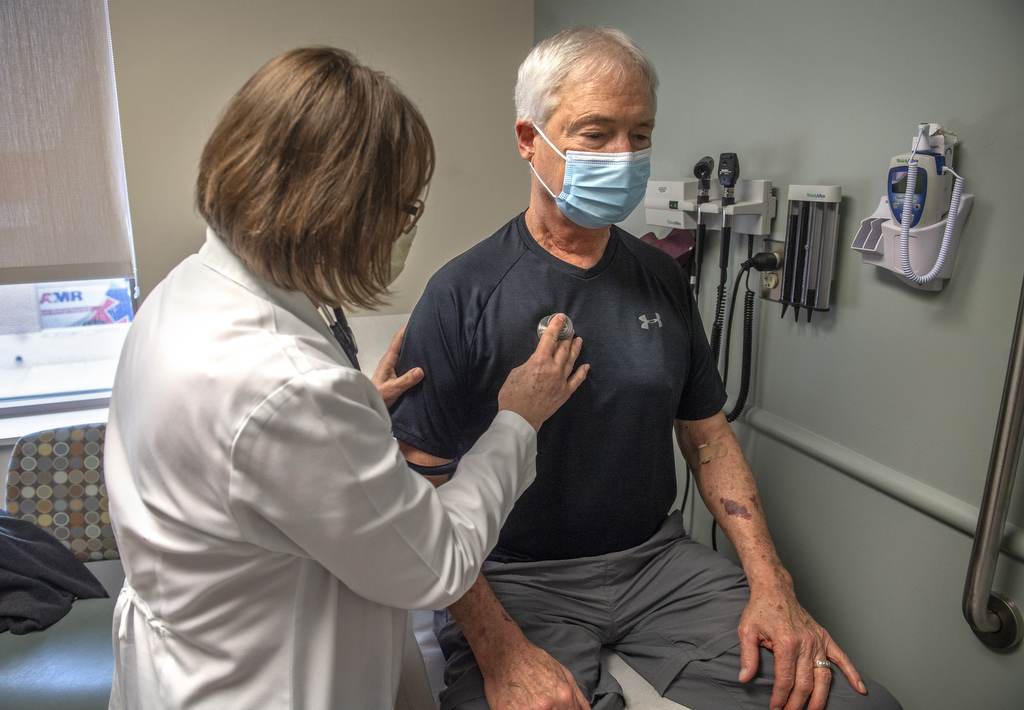
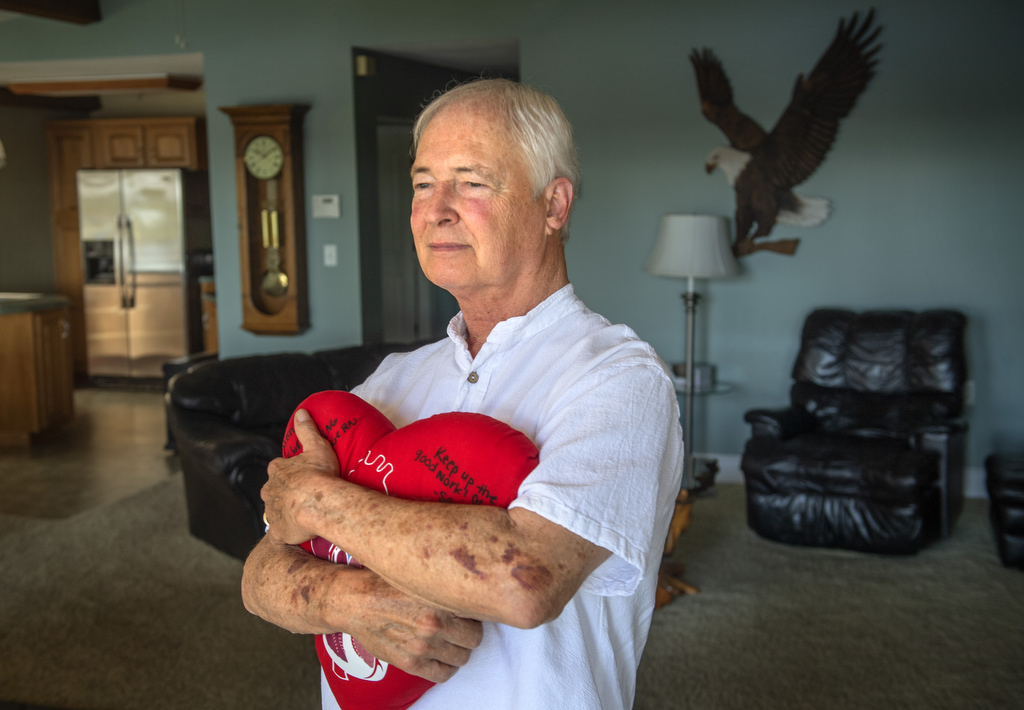
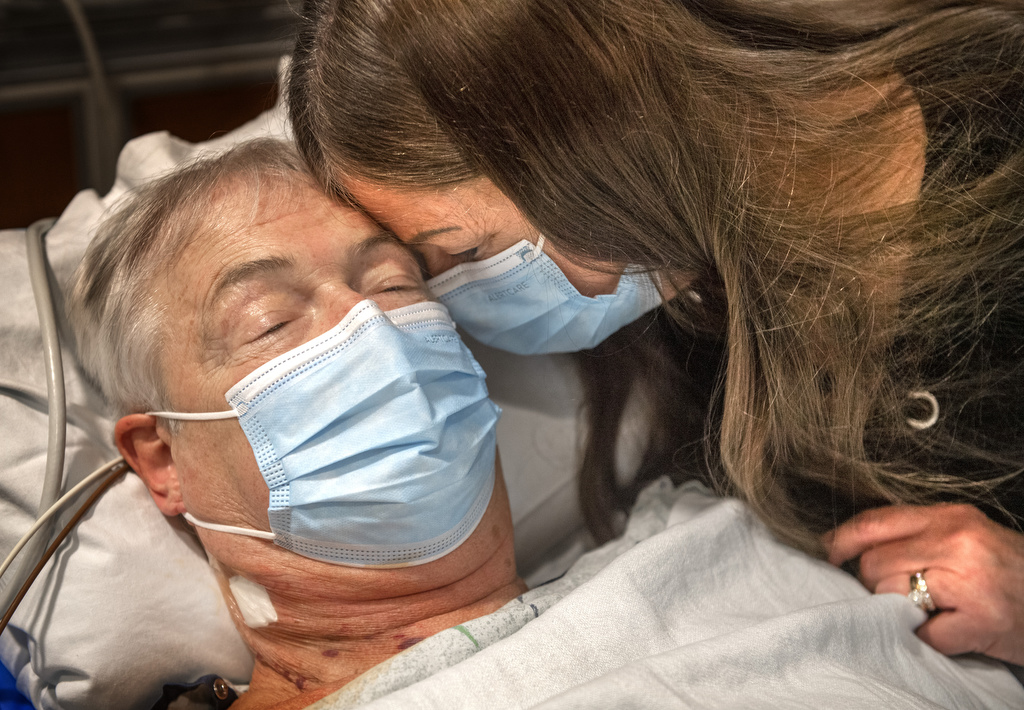
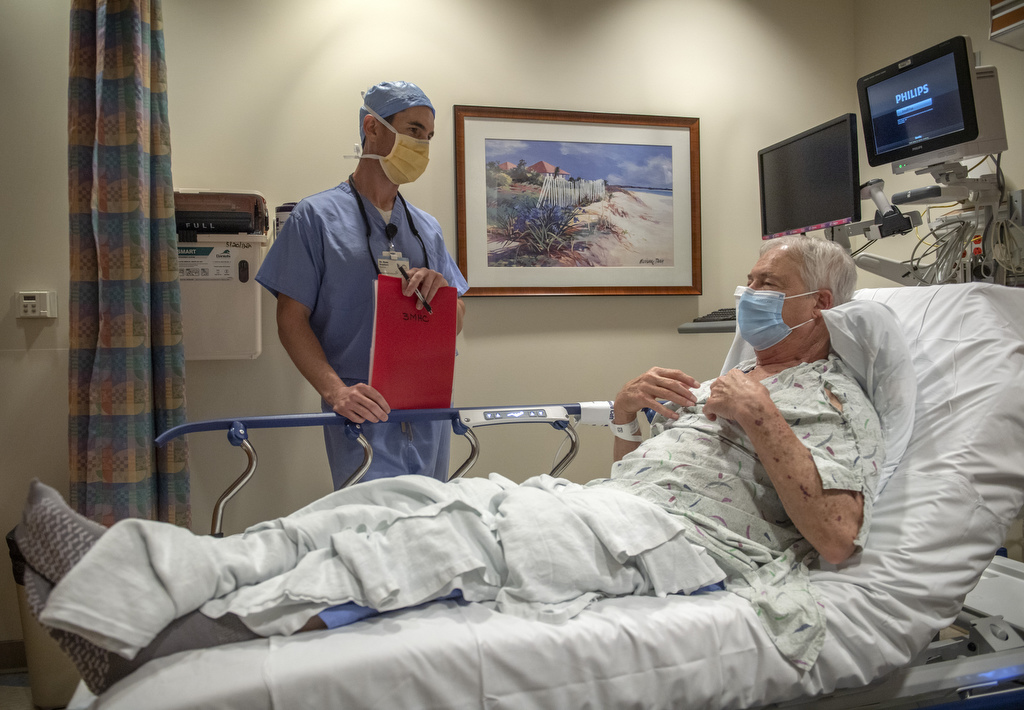
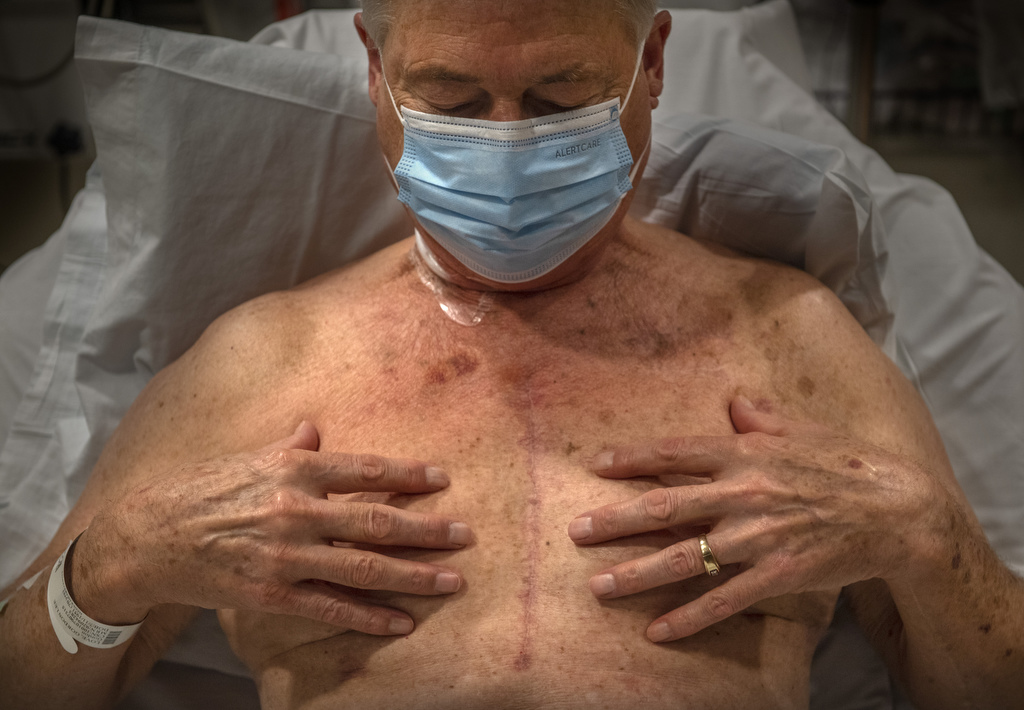
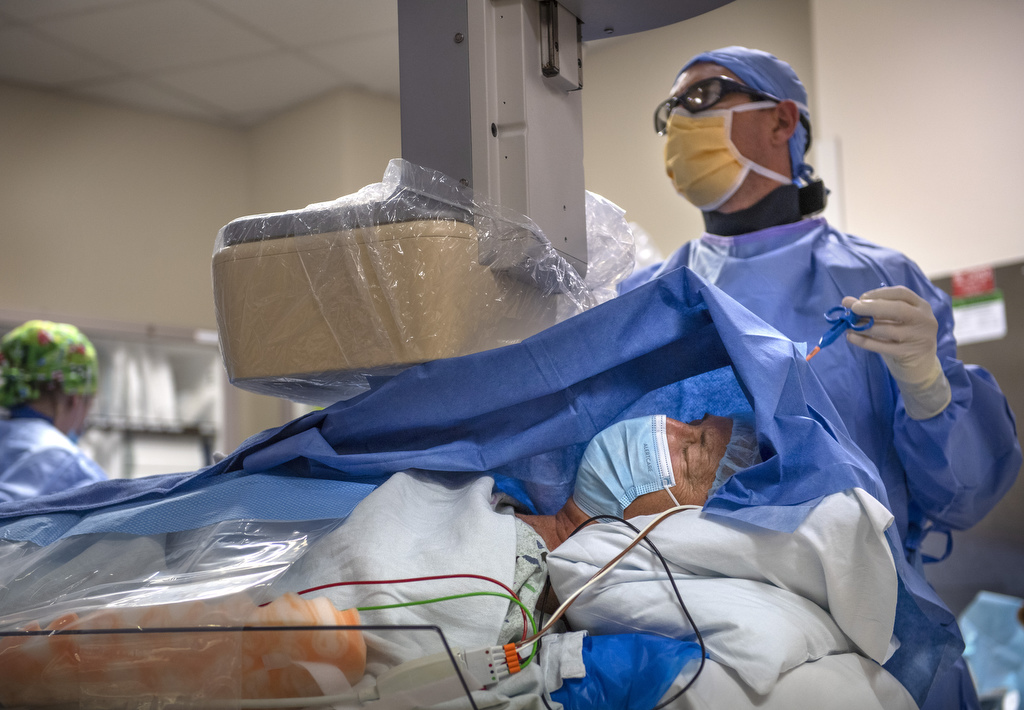
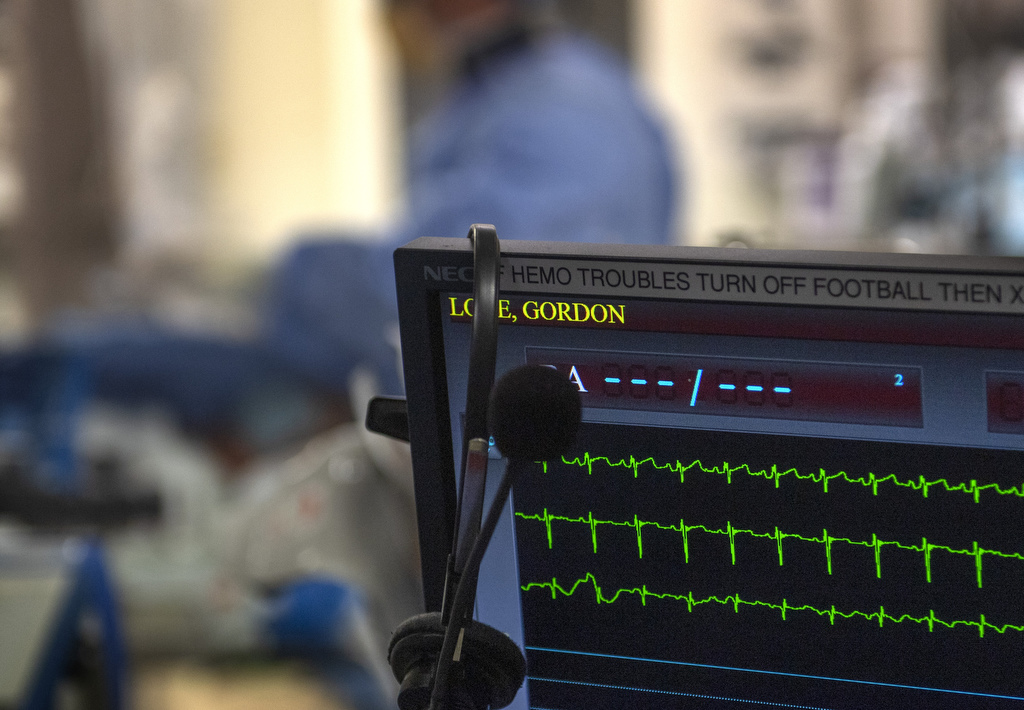
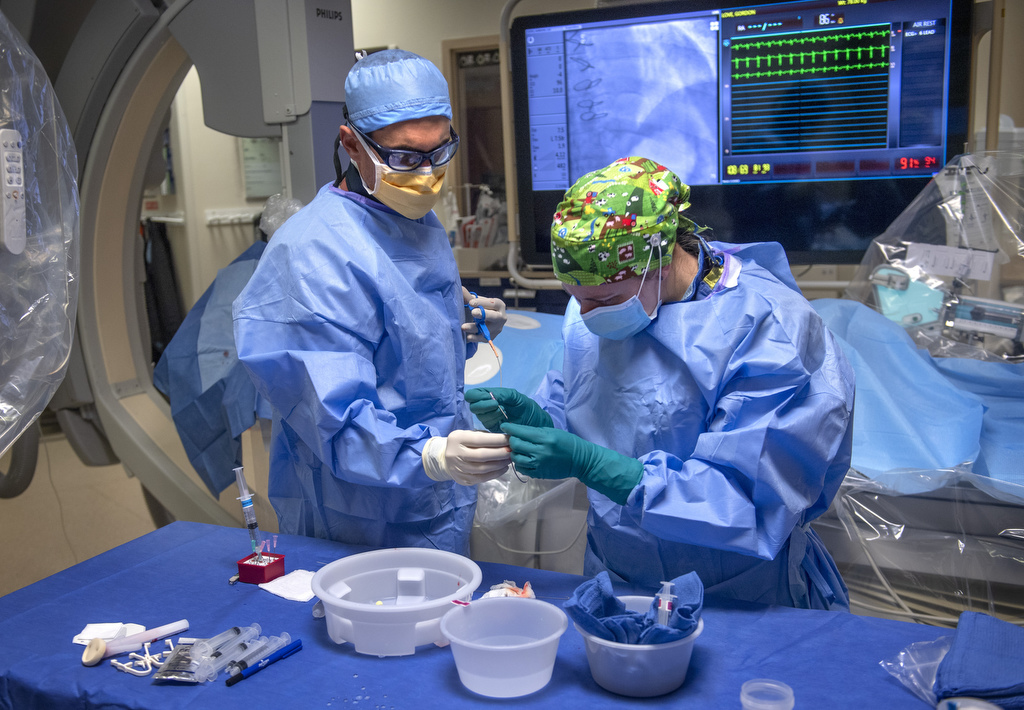
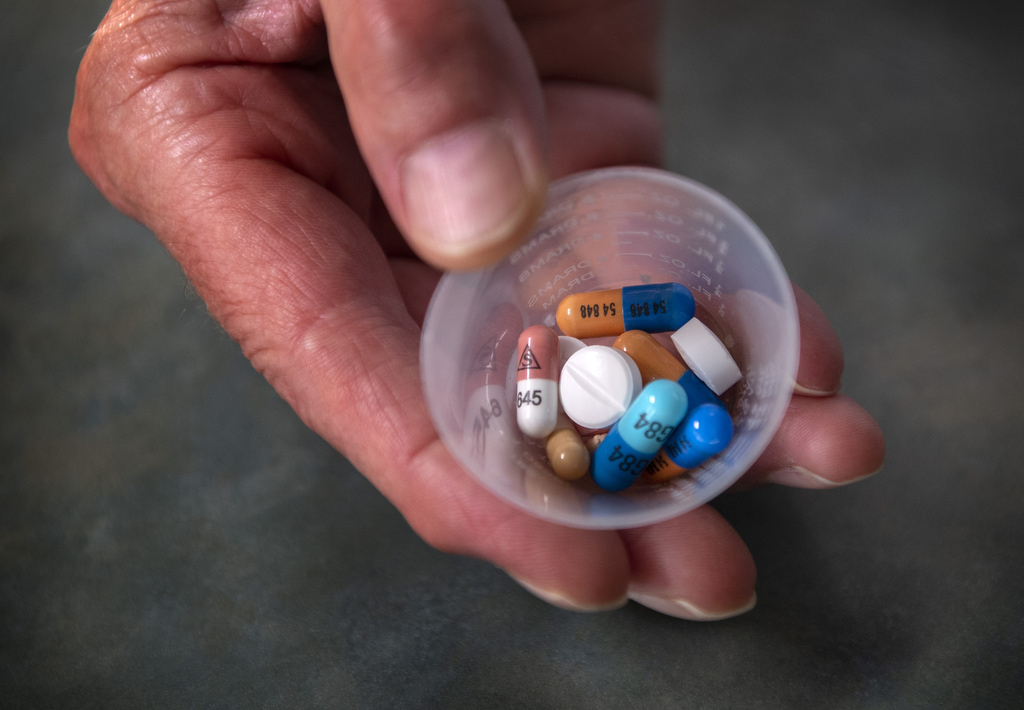
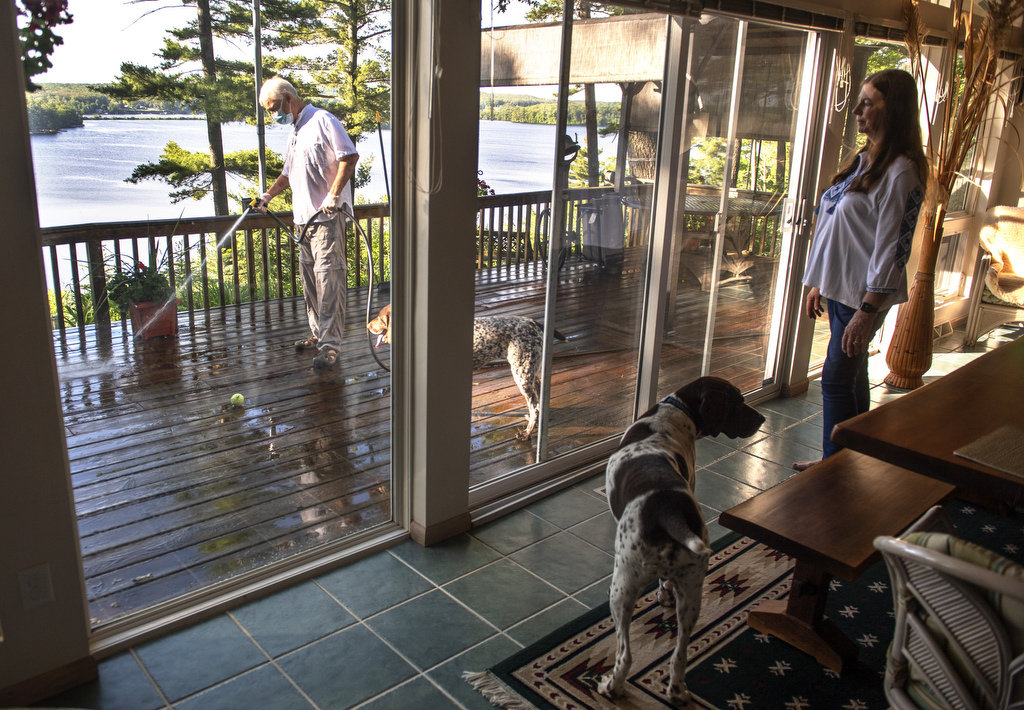
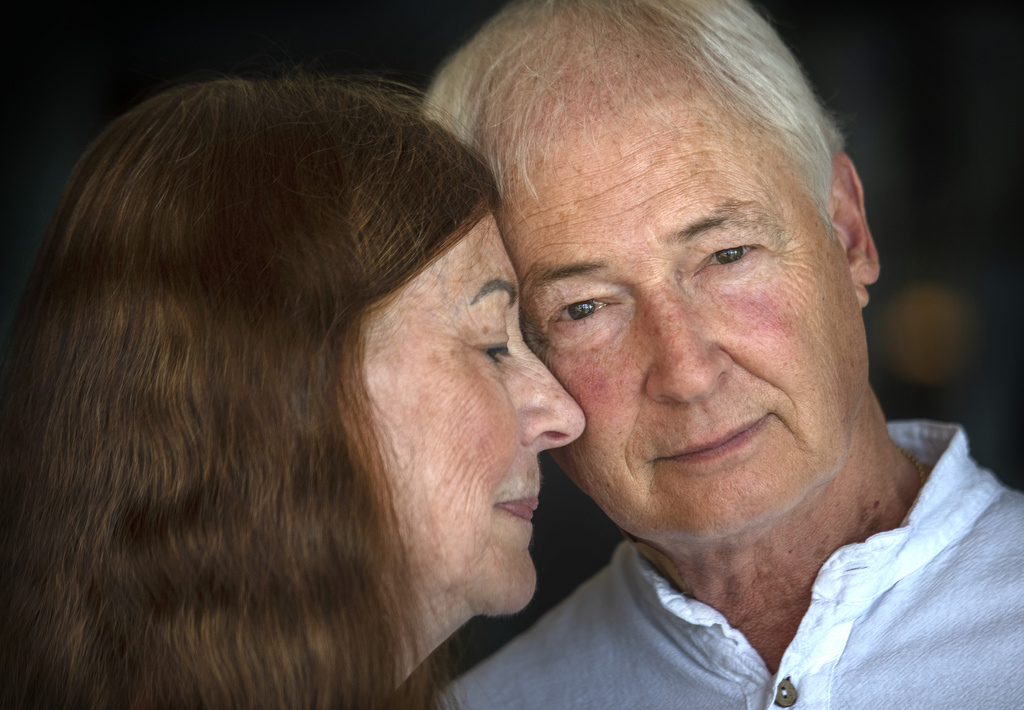
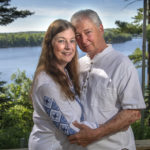
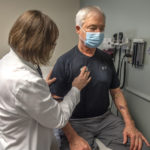
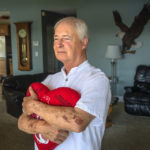
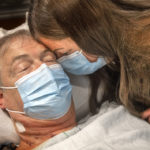
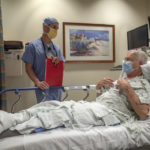
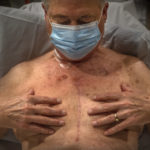
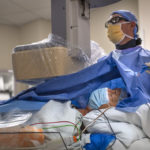





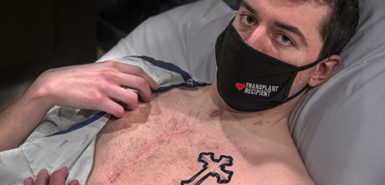 /a>
/a>
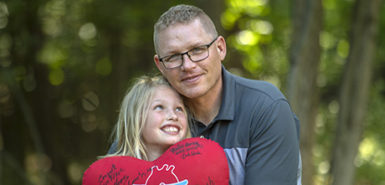 /a>
/a>
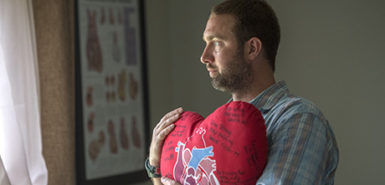 /a>
/a>
Great story congratulations
Any time you get a second chance at life, you have got to feel blessed, thanks to God & Spectrum Health.
Beautiful story. Happy for you guys.
I read your story to the end. It was happy & sad. Had to stop once in a while to dry my eyes. Your family has been through a lot. So glad it’s a happy out come. You have a lovely family! Looking forward to seeing you this spring❤️